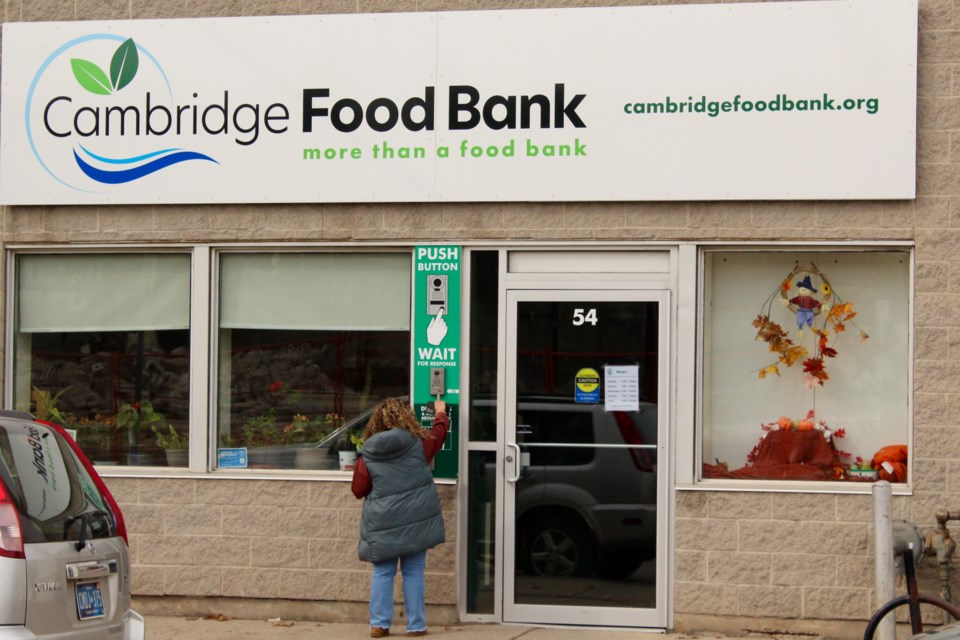As Conestoga College comes under fire for soaring international student enrolment highlighting affordability concerns and a lack of student housing, numbers out of the Cambridge Food Bank are also painting a concerning picture.
According to the food bank, approximately 2,000 students and their dependents have come through its door in 2023 with each receiving a referral back to the college and the school's various food assistance programs.
"We have regular communication with Conestoga and their student government CSI regarding the needs of the students," Dianne McLeod, executive director at the Cambridge Food Bank said.
"Conestoga assures us they have the resources needed to support all of their students in need with food assistance through their various programs and encourage us to refer any students in need to them."
McLeod says the food bank has been meeting with the school for over a year to discuss how to best support student needs as the cost of living has continued to rise.
At a state of the college address last month, Conestoga president John Tibbits said students should not be accessing the local food banks and instead should be directed to the Conestoga Students Inc. developed Student Nutritional Access Program.
The program offers a variety of services, including monthly mobile markets at select campuses, grab and go fruit and snacks at no additional cost, emergency food funding for students in extreme financial stress, produce at reduced costs and emergency bursaries.
"Our student government has been very conscientious," Tibbits said.
"They've developed a student nutrition access program called SNAP. That's where students should go, they shouldn't be going to food banks. We've moved them out of that."
Other food security programs are also run by management and student services, Tibbits said.
Tibbits continued to say that the college has contributed to local food banks in the event that students ended up there.
"Literally, probably $30,000 or $40,000 we've invested in the food banks to make sure if that happens, they're made whole again," he said.
When asked if it has received any support, monetary or otherwise from the college, McLeod wouldn't comment on specifics.
"I cannot comment on anything about Conestoga outside of the fact that we have been meeting with them for over a year about the needs of the students and we are in regular communication," she said.
"Further details on how they are supporting the community needs to come from them directly."
Tibbits stands behind the work Conestoga has done to support its students, going as far as to say he believes the school does it as well as any.
From food to dedicated medical clinics and employment opportunities, the college is investing $50 million a year in student supports, he said.
"If there was an audit done, I believe that we would be, if not the best, among the best and most comprehensive student success and student engagement service in the country.
"I don't know who else is investing $50 million with the number of students we have."
